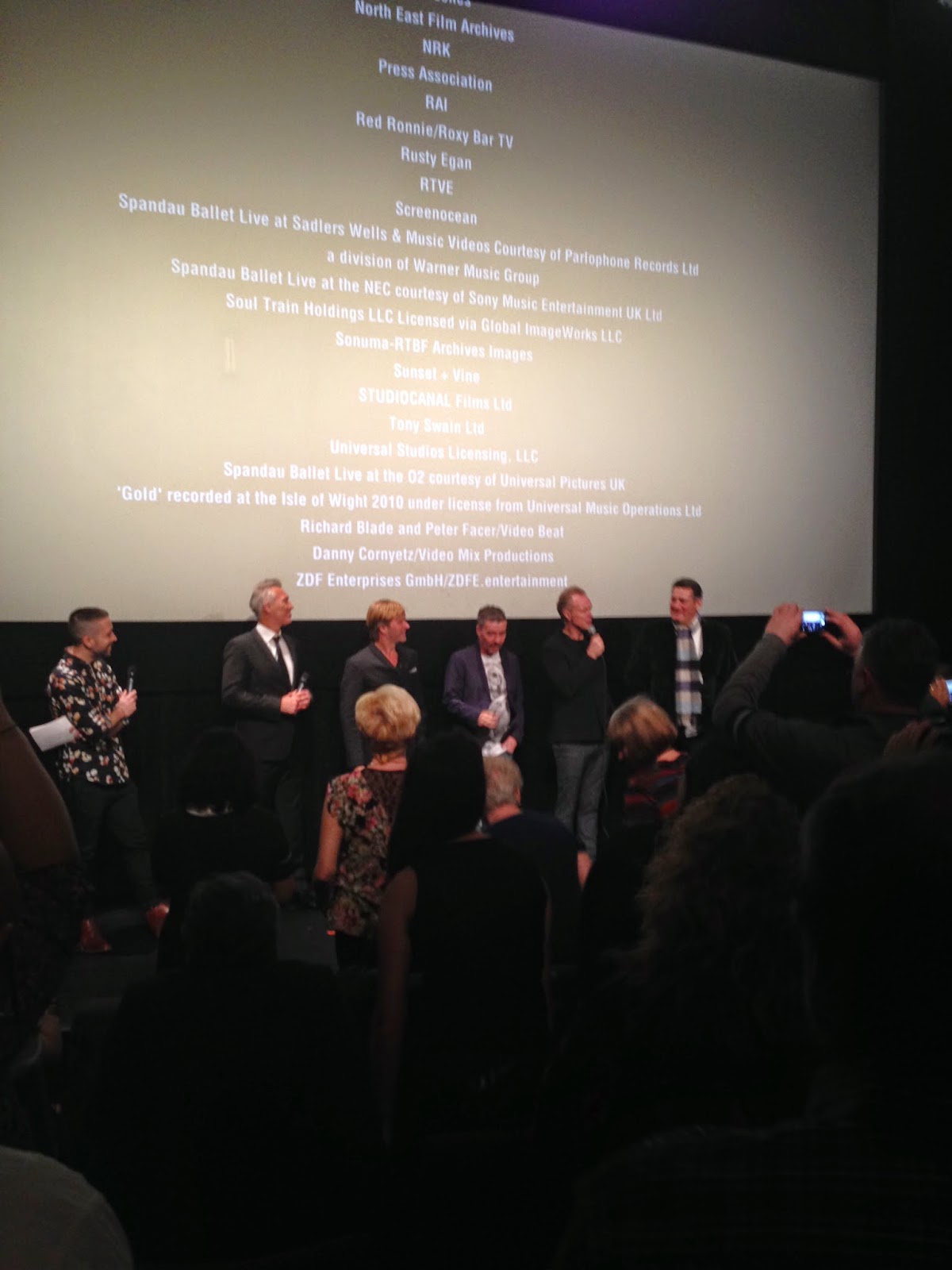As 2015 draws to
a close and people post their self-congratulatory years in review on Facebook
(Facebook helpfully offers to do this for
you if you don’t), I would like to offer my own year in review.
This is the
second holiday season in the last three years that I’ve been unemployed. (I’ve
also been unemployed for two of my last three birthdays.)
I don’t think
sufficient attention has been paid to the devastation that unemployment causes.
In addition to the obvious financial repercussions, there are emotional ones as
well, and not just for the person who is unemployed, but for his
partner/spouse, friends and family. Unemployment is one of the top five causes
of stress, along with the death of a loved one, divorce, moving and serious illness.1
I wish that even one of our millionaire-class of politicians in Washington was
aware of this fact. I also wish that at least one of them knew how impossible
it is to survive on unemployment benefits. But considering they voted against
extending them five times2, I
doubt that’s going to happen.
Needless to say,
I’ve completely lost my sense of humor.
That can be a bad
thing for a comedian.
Speaking of the
year’s disappointments, how about the self-inflicted implosion of Bernie
Sanders’s presidential campaign? At this point, I think the best we can hope
for is that Hillary asks him to be her running mate. But that probably won’t
happen. She’s probably looking for a “yes man.” Maybe Martin O’Malley?
And I haven’t
even mentioned America’s record year of gun violence; the world’s record year
of climate change; or Donald Trump’s record year of ignorance, vulgarity,
racism and misogyny (along with that of the rest of the Republican party).
But 2015 hasn’t
been all bad.
I produced (or
co-produced) three comedy benefits: two for Bernie Sanders and one for the
Mayor’s Fund for the East Village (for victims of the East Village fire).
And with all this
free time, I’ve been able to do a lot of writing.
My blog is
closing in on 15,000 page views. (I believe that’s what’s known as a “humble
brag.”)
I’ve been doing a
lot of reading, particularly rock star biographies (Grace Jones, Chrissie
Hynde, Elvis Costello, The Beatles). I could probably write a doctoral thesis
on rock stars.
I’ve been able to
go to the gym during the day, when it’s less crowded, and pretend to hobnob
with their celebrity clientele (Anderson Cooper, Mo Rocca) while they remain
blissfully unaware of who I am.
But right now I’m
too busy worrying about how I’m going to pay my rent next month (or the month
after that).
In fact, at this
point, the only thing that would make me feel better would be if someone
offered me a job.
Then I could tell
everyone who didn’t offer me a job to
kiss my annus.



